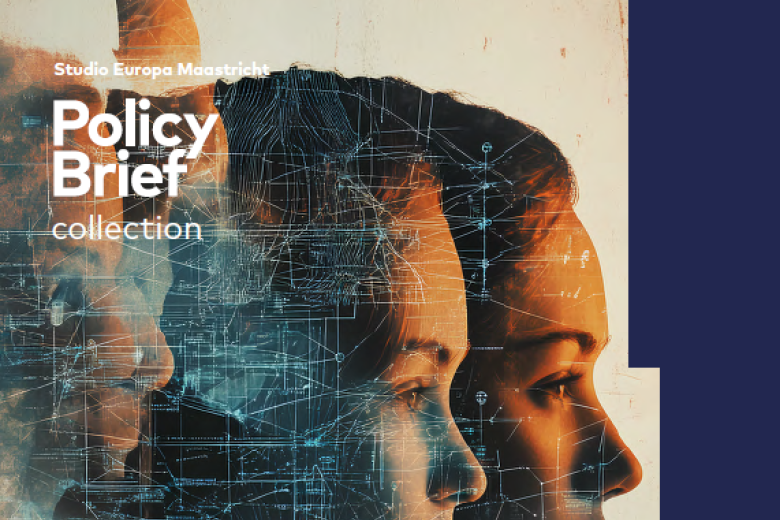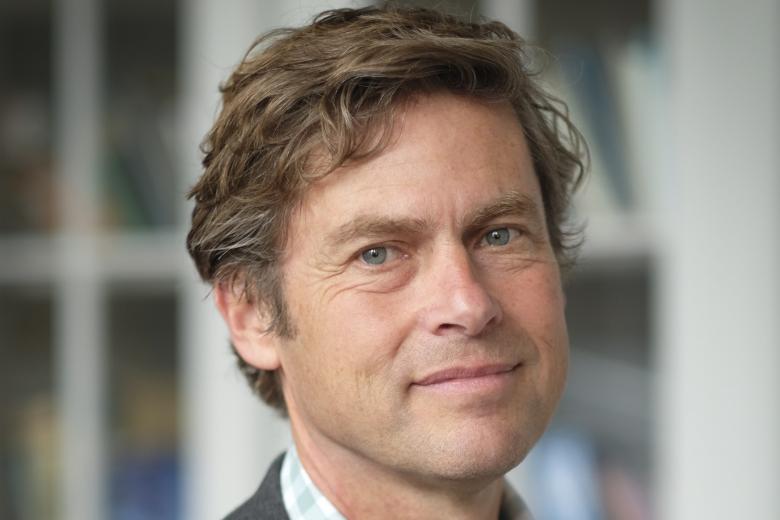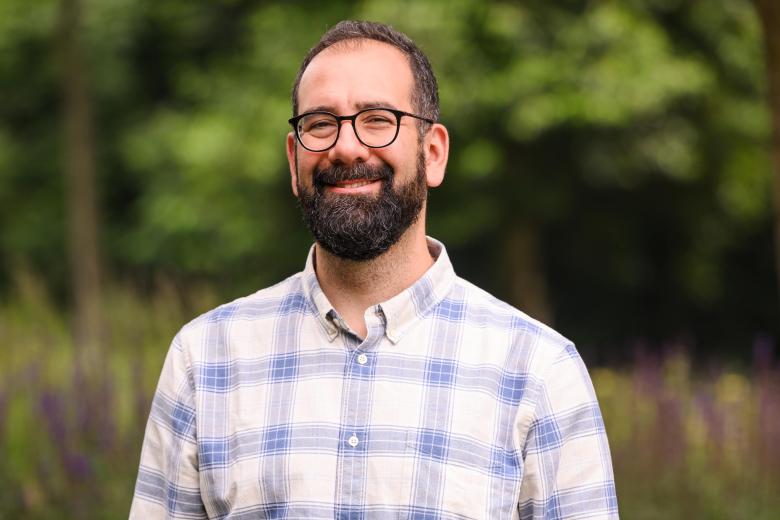Research Council of Norway grant for a project co-led by FASoS researcher Yf Reykers
The Research Council of Norway has awarded a 12 million NOK (~ €1.2 million) grant to the ADHOCISM research project. This 4-year project will be led by John Karlsrud (NUPI, Norway) as Principal investigator and Yf Reykers (Politics Department, FASoS) as co-principal investigator, in collaboration with researchers from the Graduate Institute Geneva and the University of Witwatersrand (South Africa).
ADHOCISM will study the impact of ad hoc crisis responses on international organisations.
Most international organisations (IOs) are created with the aim of solving collective action problems when a crisis arises. Yet, member states have repeatedly established ad hoc crisis responses (AHCRs) in situations where IOs might be expected to play a central role. AHCRs are here understood as loose groups of actors that agree to solve a particular crisis at a given time and location outside of an existing IO in the same policy domain. Surprisingly, this key characteristic of current global governance has so far attracted little attention. AHCRs can, in the short-term, lead to more rapid and effective crisis responses among like-minded states, but in the longer term they might also compete with IOs or even undermine IOs’ relevance and credibility.
ADHOCISM wants to contribute to filling this gap through a systematic study of ad hoc crisis responses in two policy domains: security and health. With this paired comparison, ADHOCISM wants to tap into a broader empirical governance phenomenon. In global security, obvious examples include the Joint Force of the Group of Five Sahel (JF-G5S) in Mali and the Multinational Joint Task Force (MNJTF) fighting Boko Haram in northern Nigeria. In the fight against COVID-19, the Oslo-based Coalition for Epidemic Preparedness Innovations (CEPI) received $2.2 billion, the Vaccine Alliance (Gavi) $1 billion but the World Health Organization (WHO) got just $5 million in funding from the Norwegian government.
If IOs are no longer seen as the principal instruments to confront global challenges, the risk is also that the relevance of these IOs will diminish, and similar trends may unfold in other domains.
Also read
-
Studio Europa Launches Policy Brief Series on the Digital Services Act and Democracy in the Digital Age
On 15 May 2025, Studio Europa Maastricht launched its new Policy Brief Collection on Digitalisation, a multidisciplinary effort exploring how the EU’s Digital Services Act (DSA) shapes our digital future.

-
Harro van Lente appointed chairman of Netherlands Health Council committee
The Netherlands Health Council (Gezondheidsraad) has installed a committee to prepare an advisory report on preventive signalling of dementia.

-
Darian Meacham appointed co-investigator in national ROBUST programme
The programme boosts fundamental research in artificial intelligence through public-private collaborations.
